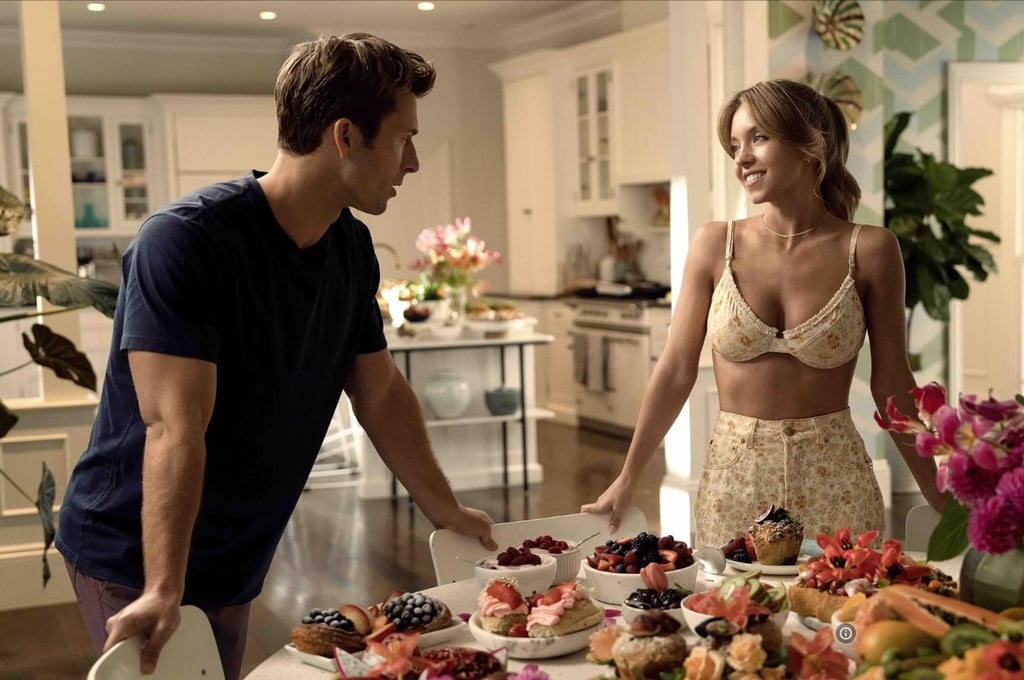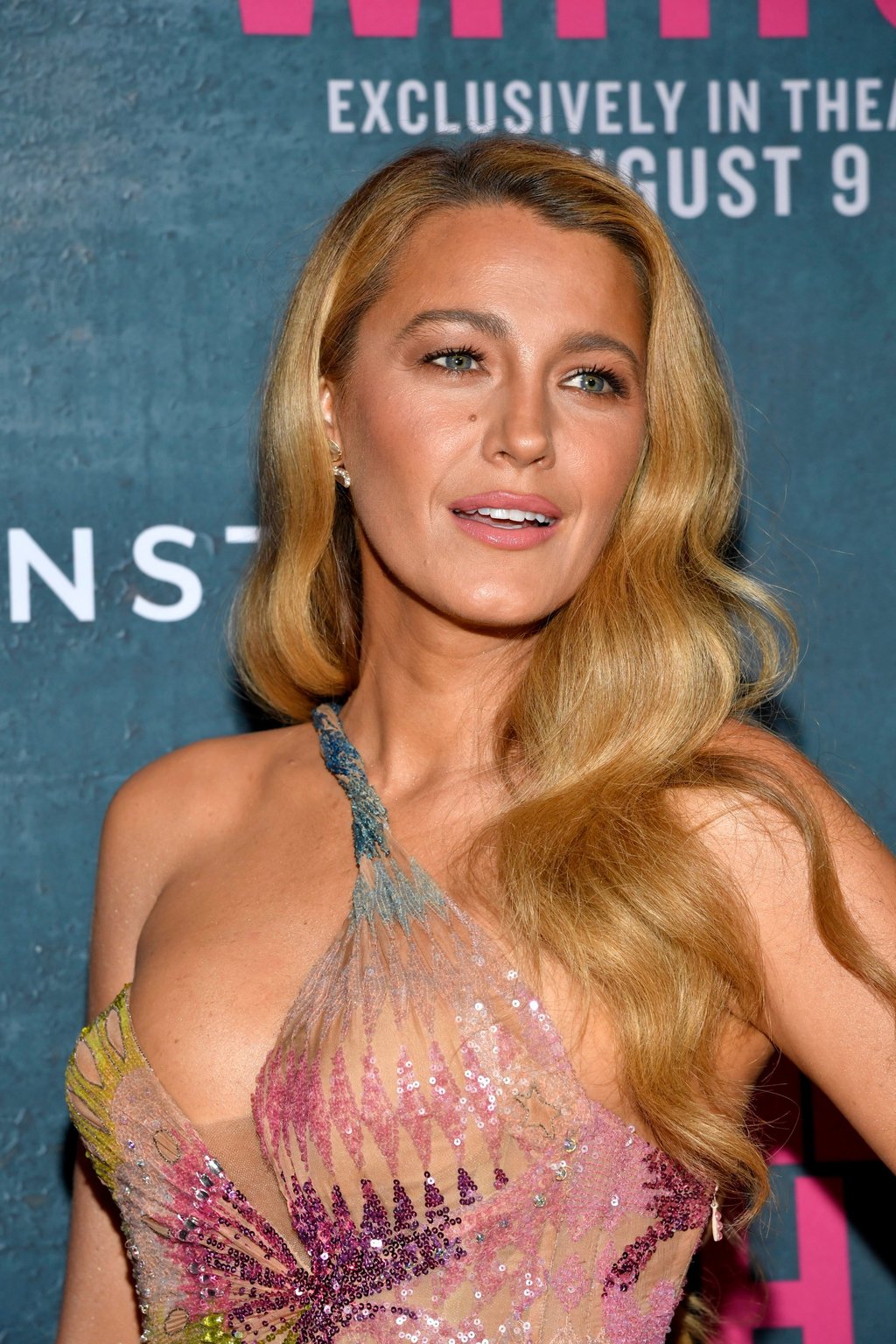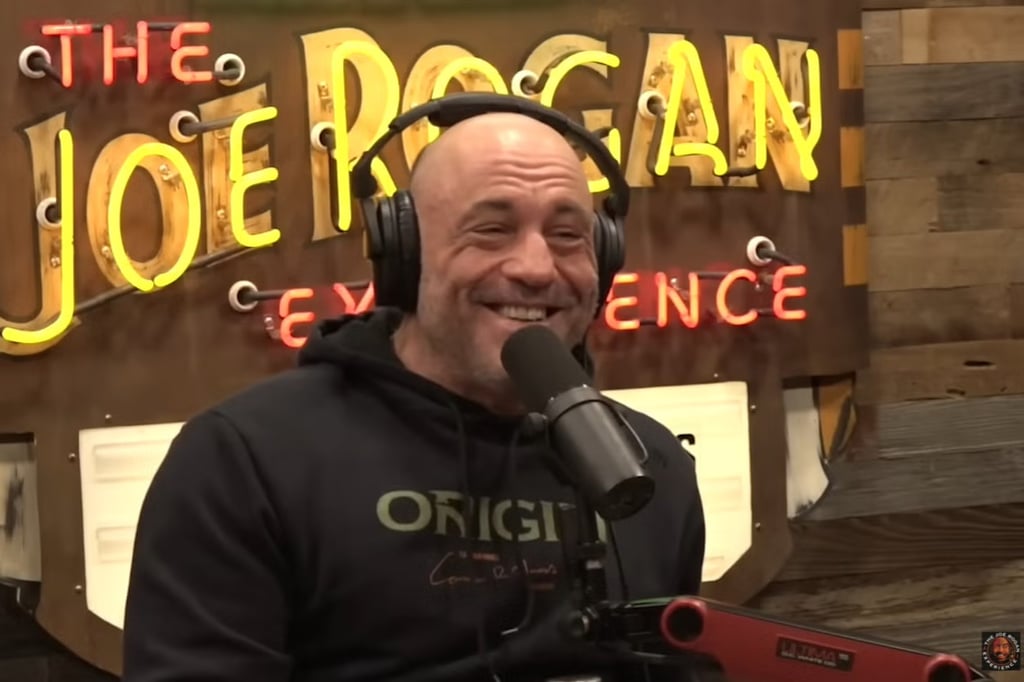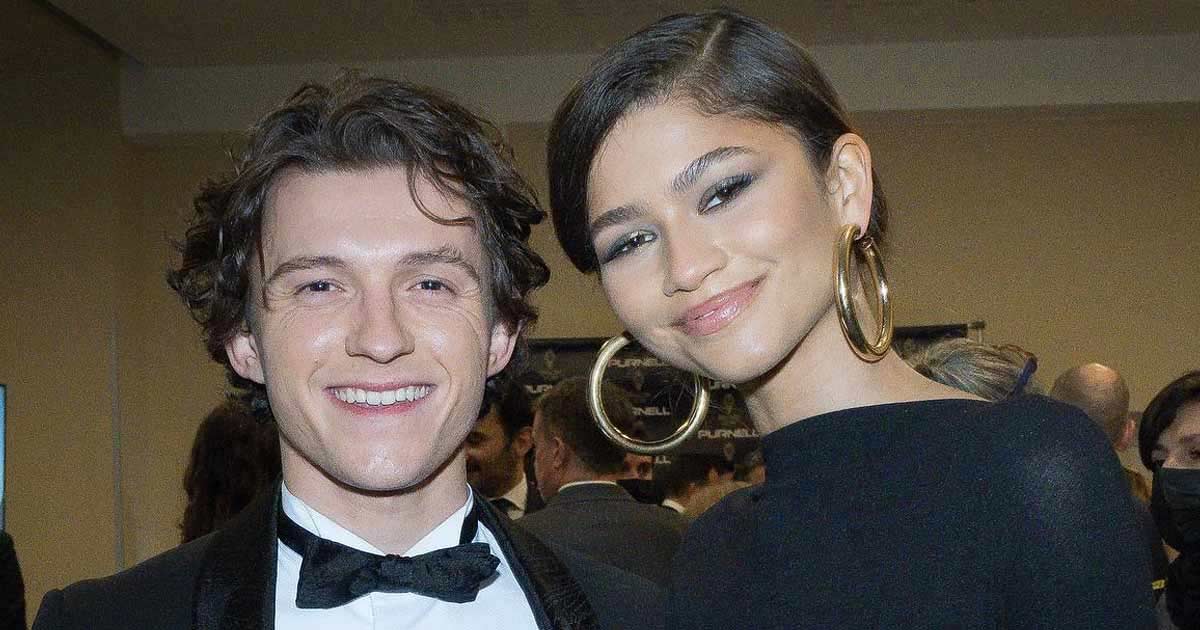Entertainment companies and researchers are trying to learn more about how this generational trend is changing young people’s tastes and preferences in media.
The University of California Los Angeles’ 2023 Teens & Screens study found that people aged 10 to 24 wanted to see more platonic relationships between on-screen characters, and were not as interested in media that portrayed romantic entanglements and sex.
The survey, conducted by the Centre for Scholars & Storytellers, found that among 1,500 US adolescents, more than half (52 per cent) wanted to see more content focused on friendships and platonic relationships.
Beverly Hills-based United Talent Agency (UTA), one of Hollywood’s biggest representation firms, took the study of Gen Z’s entertainment habits a step further. In a nationwide poll conducted in June, the firm’s data division, UTA IQ, found that nearly 70 per cent of US Gen Zers’ favourite TV and film character duos were friends, while just 17 per cent of respondents favoured a romantic couple.
When asked to name their two favourite TV shows from the past three years, many Gen Z consumers listed series that emphasise friendships, putting Stranger Things at the top. Nostalgic hits The Big Bang Theory and Friends also ranked in the top five. The firm polled 830 people aged 16 to 27.

“Friendship is more universal,” said Matt Feniger, who leads cultural insights in UTA’s entertainment marketing group. “Love comes in many different forms, and Gen Z really experiments with how they identify, and they’re really going through that coming-of-age process. But friendship is the same, no matter what.”
Trying to understand what makes Gen Z tick is one of the great obsessions within the entertainment industry, which is largely run at the upper levels by people approaching retirement age.
Younger people are more active online, they are apt to cancel streaming services quickly, and they are more motivated to use their purchasing power to advance their preferred social and political causes. Film and TV producers have to adapt to these changes to stay relevant.
Of course, Gen Z’s stated interest in stories about platonic friendships does not mean that Hollywood should give up on romantic stories. Sony’s It Ends With Us, starring Blake Lively, just opened with a better-than-expected US$50 million in its domestic box office debut.

The same studio released a romcom sleeper hit late last year with Anyone But You.
It is not as if American Gen Z audiences are becoming like the government of Qatar in their aversion to on-screen steaminess. But certain cultural insights can be helpful to studios when they’re thinking about where to place their bets, and they are also potentially useful for agencies such as UTA as they figure out how to best position their clients for success.
Advertisers also have an opportunity to better entice customers by emphasising friendship in their brand campaigns, rather than couples.
There are anecdotal signs that some studios and programmers are already heading in this direction. An April UTA research report noted that Apple TV+ renewed its series Platonic which follows middle-aged best friends played by Seth Rogen and Rose Byrne. Additionally, Tim Robinson and Paul Rudd are starring in a coming comedy film titled Friendship.
The key is helping us connect with each other. I’m not gonna say it is the remedy … It’s just helping fans truly meet in person and make friendships with each other
Buddy comedies are hardly new, but young audiences say in surveys that they are looking for content that is more authentic and relatable to them. HBO, for example, this year ordered a pilot from Rachel Sennott about a codependent friend group.
UTA reps say their podcasting and digital content creator clients are employing strategies to grow and engage with fans by encouraging them to connect with each other in person. Podcasting is ripe for fostering IRL (in real life) togetherness, they say, because fans often feel as if they’re part of a friend group with fellow listeners.
This idea was bolstered by the findings of a UTA-commissioned survey of 1,000 consumers from last year, in which 78 per cent of US Gen Z podcast listeners said they view themselves as belonging to a community with others who listen to their favourite shows.
These parasocial relationships, the kind that people experience with celebrities and influencers through social media, have been around for a long time. TikTokers and Instagram influencers have leaned into this idea, creating vertical videos that give followers the illusion that the creator is FaceTiming directly with them.
While the podcast charts are still dominated by long-running interview shows such as The Joe Rogan Experience and political and news shows including The Tucker Carlson Show, The Daily and Pod Save America, UTA agent A.J. Leone said younger listeners are gravitating more towards friendship-driven shows hosted by friends.

“You want to actually create a show that feels authentic to your listeners,” Leone said. “We’re not casting these shows, right? It’s got to be two hosts that are friends. They’ve got to have great chemistry. And Gen Z, in particular, has really gravitated towards an authentic experience.”
Examples of shows that have taken this approach include Bowen Yang and Matt Rogers’ Las Culturistas and Benito Skinner and Mary Beth Barone’s Ride. Many of the shows have inside jokes and in-group nicknames for fans, similar to the way Taylor Swift’s dedicated followers call themselves “Swifties”.
That kind of fan enthusiasm has led to opportunities for creators to build their businesses by touring, selling merch and holding in-person fan meet-ups. Alex Cooper, the host of the popular Call Her Daddy podcast, encouraged her fans to connect with each other in real life and make friends during her “Unwell” tour.
These events address a desire among certain audiences to feel like they’re connecting with someone on the other side of the screen.
“The key is helping us connect with each other,” Feniger said. “I’m not gonna say it is the remedy … It’s just helping fans truly meet in person and make friendships with each other. And that exists then beyond the creators themselves.”




![Kailash Kher opens up about bond with son, love for tea and more [Exclusive] Kailash Kher opens up about bond with son, love for tea and more [Exclusive]](https://st1.bollywoodlife.com/wp-content/uploads/2024/11/211120241732198149.jpeg)


